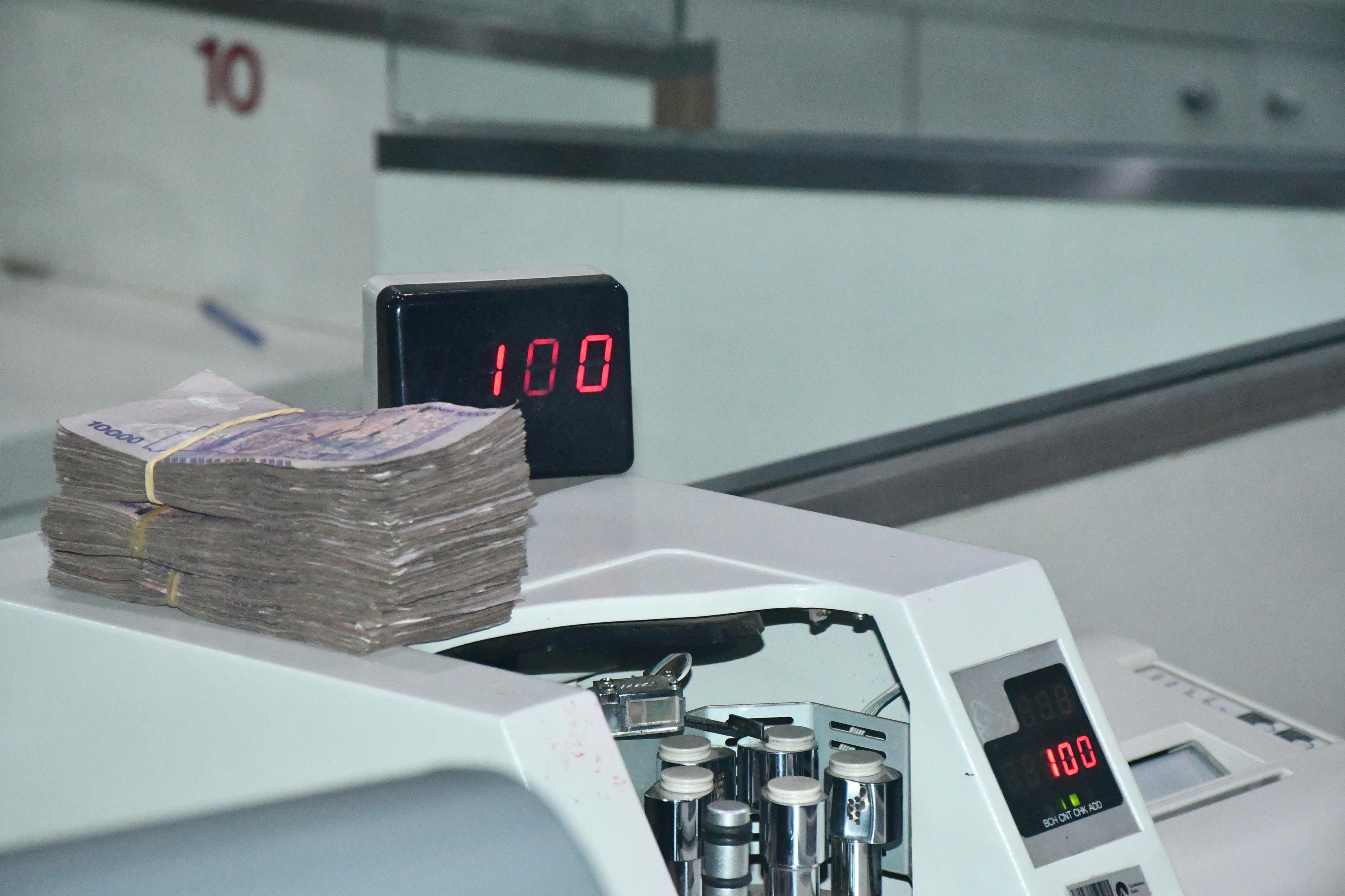Demand for credit remains stable, says Finance ministry

Demand for credit increased in September despite subdued economic activity. Photo / File
What you need to know:
The Ministry of Finance says that demanded for credit has remained stable despite an increase in interest rates
The value of approved credit has remained stable despite an increase in interest rates, according to the Ministry of Finance October Performance of the Economy report.
The report released last week, indicates that the value of approved credit in September grew to Shs1.4 trillion up from Shs1.14 trillion in August, which represents an approval rate of 58.9 percent compared to 56.9 percent.
The increase, the report noted, signals stability in demand for credit by the private sector, amid an increase in interest rates for both shilling and foreign currency-denominated loans.
During the period, shilling denominated interest rates increased from an average of 17.29 percent to 18.24 percent in September while foreign currency denominated interest rates increased from an average of 6.42 percent to 7.19 percent.
The report also indicates that personal and household loans continued to account for the largest share of private sector credit, taking Shs413.8b of the Shs1.418 trillion, which represented a percentage share of 28.6 percent.
Trade took Shs384b or 26.5 percent of approved credit, while Shs193.1b (13.3 percent) went to building, mortgage, construction and real estate.
Business, community, social and other services received Shs140.3b (9.7 percent) while agriculture took Shs133.4b (9.2 percent).
The five sectors constituted 87.3 percent of all credit extended to the private sector during the month, mainly due to high lending rates.
However, the report indicates that the stock of outstanding private sector credit decreased by 2.5 percent from Shs20.1 trillion in August to Shs19.6 trillion in September.
Of this, the report noted, Shs13.5 trillion was shilling denominated credit, while Shs6.01 trillion was foreign currency denominated credit.
Demand for private sector credit has been dampened by an increase in the Central Bank Rate, which Bank of Uganda has been increasing since May to control rising inflationary pressures.
The CBR has since May increased to 10 percent, which has forced a revision in commercial bank interest rates.
“The CBR has increased steadily from 6.5 percent in May (where it had been maintained for 11 months) to 10 percent in October,” the Ministry of Finance report reads in part.
In its October Monetary Policy Statement, Bank of Uganda, said inflation outlook remains highly uncertain with the balance of risks mostly tilted to the upside.
The upside risks include entrenchment of higher inflation expectations, escalation of geo-political tensions in Europe and associated supply chain constraints and stronger monetary policy tightening in advanced.




